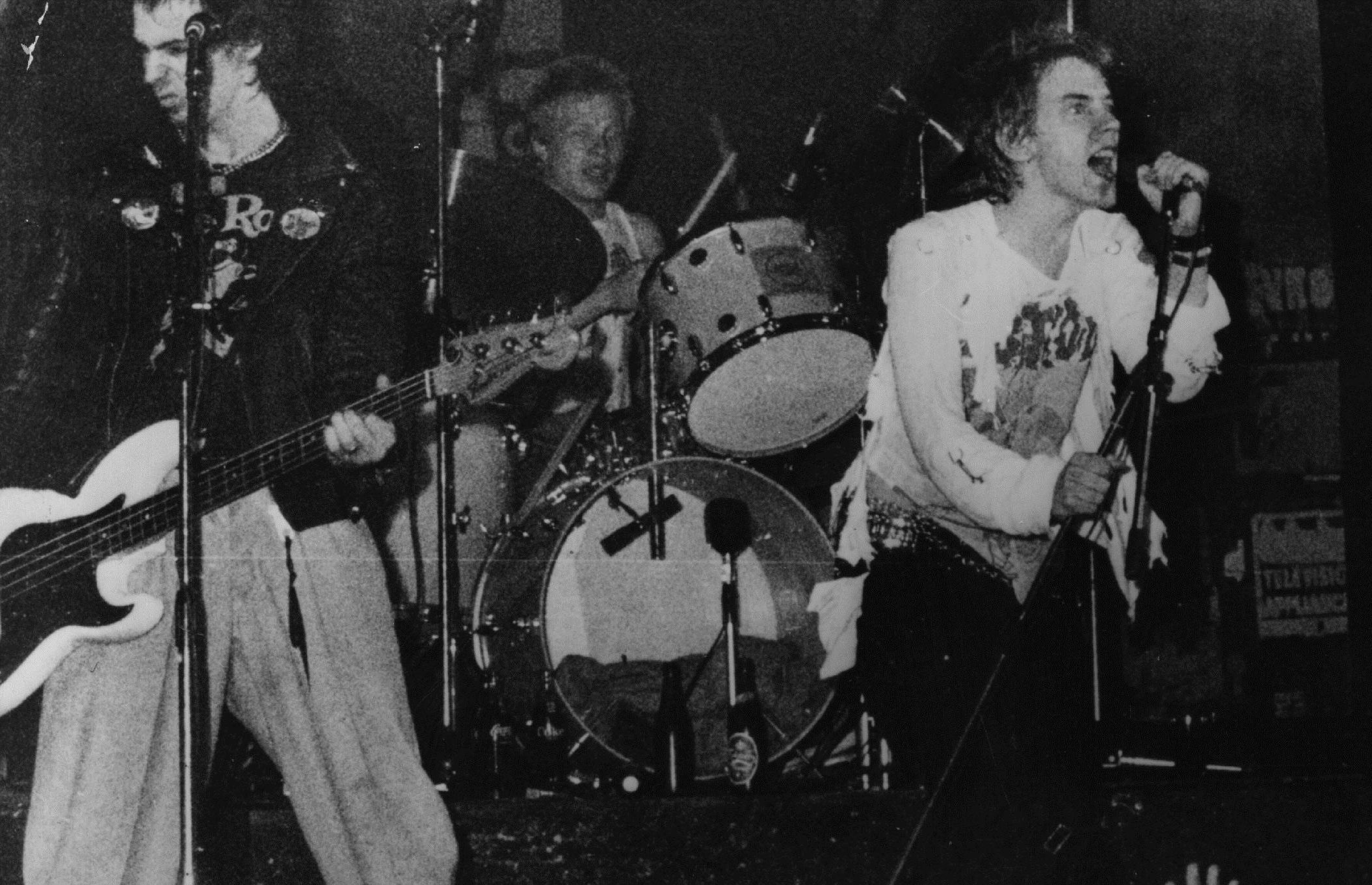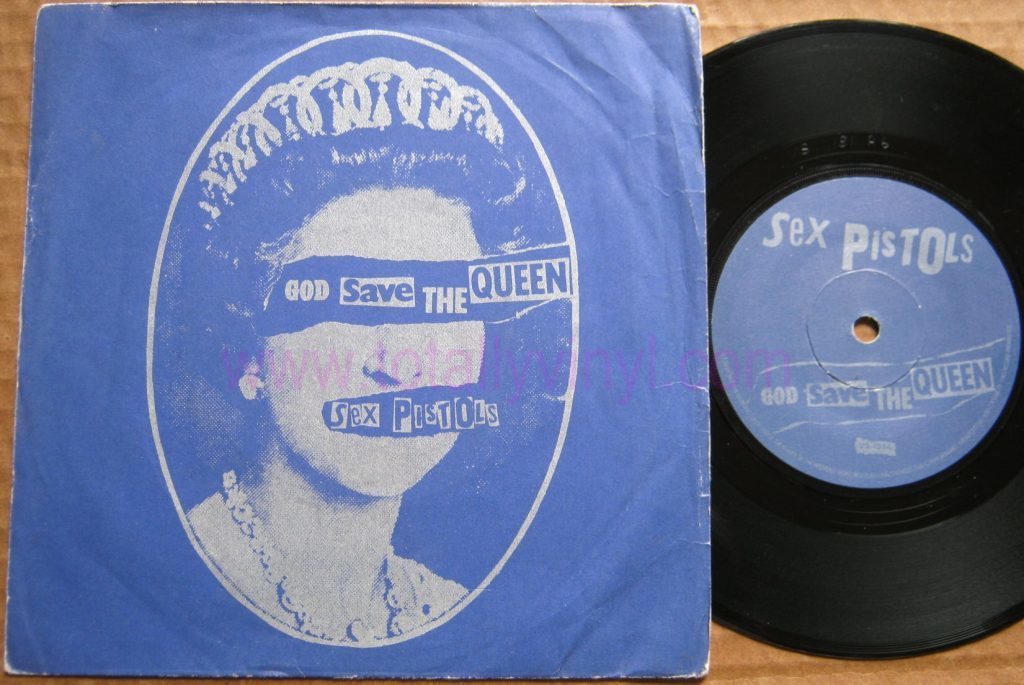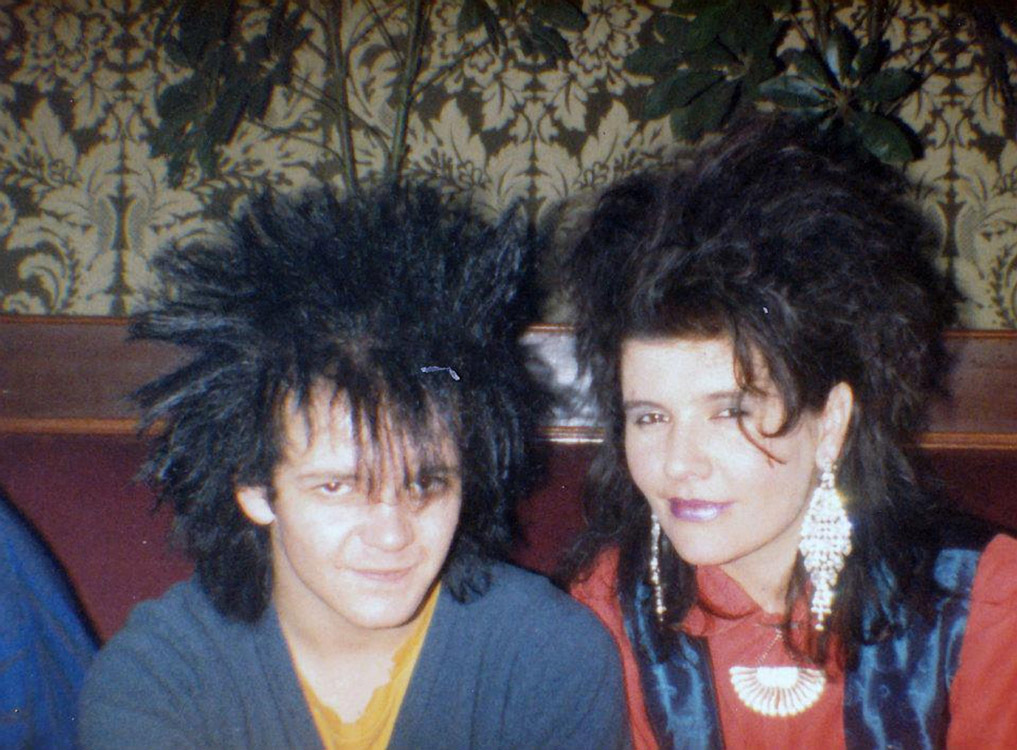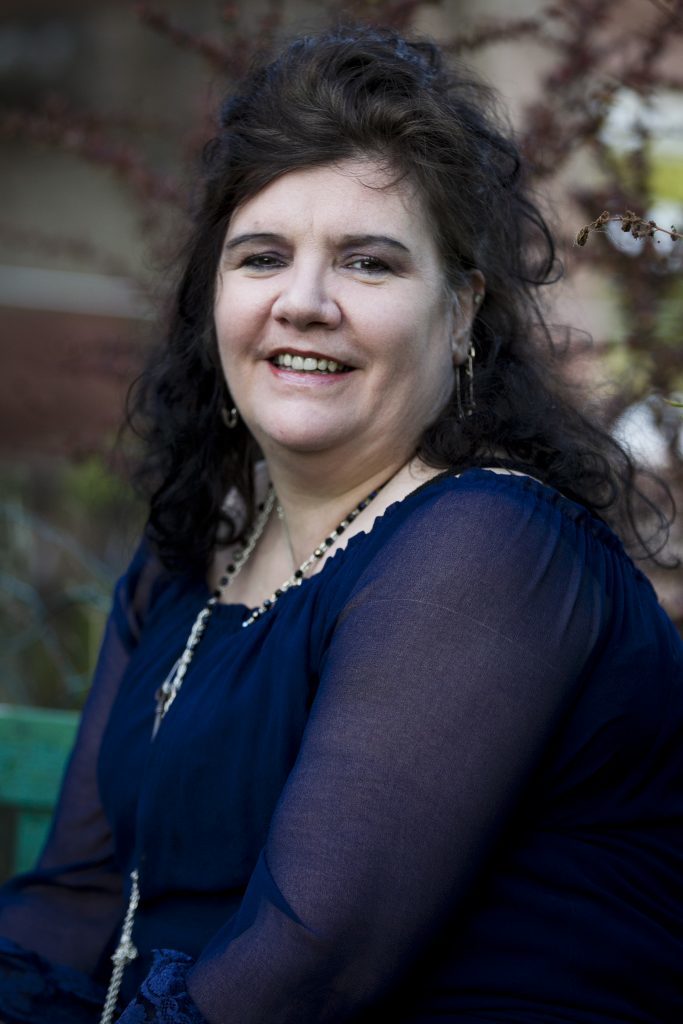
IT may be hard to believe, but next month marks 40 years since The Sex Pistols caused a scandal with the release of their outrageous single, God Save The Queen.
With its controversial attitudes and angry music, punk was new, different and scary.

Overnight, households around the country were divided. Worried parents looked on aghast as teenagers rebelled in spiky hair and studded jackets.
Here, one woman who was at the heart of the Scottish punk scene reveals how the era continues to shape her life.
It was 1977 and Rosie Brown had a bright, high-flying future ahead of her.
The daughter of a respectable headteacher and teacher, the plan was she would go to university.
Then she discovered punk, ran off to London with a band and all thoughts of university vanished.
Here was a generation clash which split families up and down the country.
But Rosie wouldn’t have had it any other way.
Now 57, she had the time of her life as part of Glasgow’s punk scene with The Sunday Post’s very own columnist Donald MacLeod, whose band, First Priority, supported The Clash at Glasgow Apollo.
Rosie went on to work in a library, became a mum of two and gorgeous 18-month-old granddaughter Sophia is now the apple of her eye.
She even belatedly make it to uni, picking up a degree in the ’90s.
But the attitudes and beliefs she formed 40 years ago have stayed with her – even helping in her job as a children’s mentor in Glasgow’s Easterhouse.
“There was a belief that you could do things for yourself, achieve things. You didn’t have to go about things in the conventional way,” she says.
“I use that in my job. I work with primary-age kids and some of them have difficult backgrounds. I tell them they can do anything. They can go to art school, uni – whatever they want.”
It’s fair to say Rosie isn’t your average gran. She calls to talk to me at 10.40pm on a school night.
“Oh, I’m so sorry,” she says when I explain I was sleeping. “I’m an old punk at heart. I just think everyone stays up till 4am!” Rosie has lots of great memories of those days.
“I was going out with my partner Ross at the time. His dad was loaded. They stayed up in posh Thorntonhall.
“He really stood out, with his bondage trousers and sticky-up hair. He used to come and pick me up in a big, posh Mercedes. My neighbours were reminiscing the other day – the outfits we used to wear and how they used to look out for us,” she says.
Punk changed her personality.
“I was a quiet, unconfident girl. Then it was like I went into a Tardis and came out a punk!”
So how did her respectable mum and dad react to the transformation in their previously quiet daughter?
“When I announced I was going to London instead of going to university, Dad said I wasn’t. I thought, just watch me! Then I pinched his tuxedo, changed one of the buttons for a sparkly brooch I got at Paddy’s Market and wore it non-stop,” she says.
“Dad’s passed away now, but I’ve kept that tuxedo with its sparkly brooch and always will. Dad was a fantastic artist and a beautiful writer and he used to do gig posters, too.”
Although she remembers the era as being great fun, Rosie had hopes the whole scene was going to change society.
“The country was in a real state of disrepair and youth unemployment was really high at the time,” she remembers. “There was lots of disillusionment and a feeling things had to change.”
News reports at the time suggested society was under threat from punk, but in hindsight it could be argued that not that much changed.
Eight months after God Save The Queen caused such a scandal, the Sex Pistols split up. By then, though, their legend was complete.
Despite their wild image, frontman Johnny Rotten was not what you’d expect.
“I met him. And you’d think he might have been spitting and wild, but he was lovely and really intelligent,” says Rosie. She may have been a punk, but there’s one thing that’s remained a big part of her life no matter how she was dressing or what music she was listening to.
“Well, I’m Rosie Brown, so of course I’ve always had The Broons and Oor Wullie in my life! And I send the Sunday Post to family in Australia every week. My Nonna did it before she passed away and now I do, carrying on the tradition,” she says.
Her children, Roma and Joshua, also liked that Mum was always there for them – but was still a bit wild in her own way.
“I’d turn up to school and the other parents would be waiting to see what I was wearing,” she says. “The kids took it all in their stride.”
Rosie may be collecting her pension before long. But being a punk defined her life.
“Punk till I die!” she shouts as we end our conversation.

Enjoy the convenience of having The Sunday Post delivered as a digital ePaper straight to your smartphone, tablet or computer.
Subscribe for only £5.49 a month and enjoy all the benefits of the printed paper as a digital replica.
Subscribe
